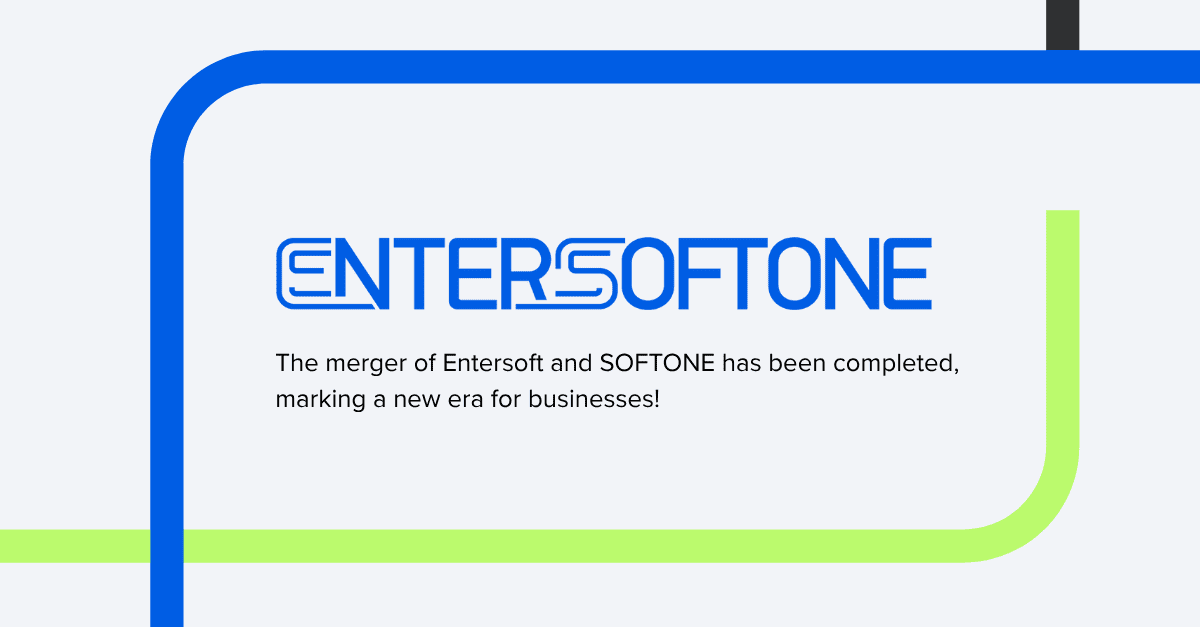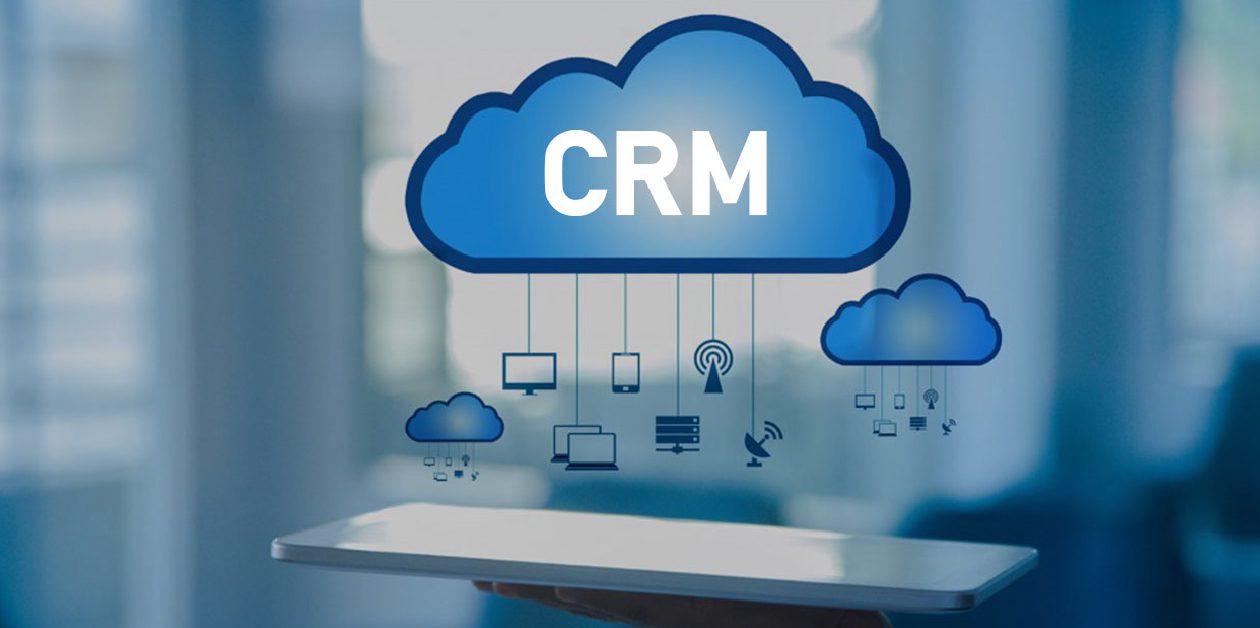Share
Read also

News & Events
ENTERSOFTONE: The merger of Entersoft and SOFTONE has been completed, creating the largest provider of business software products and services in Greece and Southeast Europe.

Mobility
Outlook for the BYOD and EM market from 2025 to 2035

Cloud
The Cloud CRM market will see impressive growth by 2033

Mobility
Key trends in Sales Force Automation
There are many important reasons for migrating your ERP to the cloud. By making the right choices, CIOs can capitalize on technology and innovation via a dynamic platform. In today’s digital world, the cloud has to be considered as the smartest way to run a business.
Obviously, this does not mean that the cloud is a cure-all for every single organizational challenge. Migrating to a cloud-based solution, either this involves ERP or document access, is a decision that needs to have some strategic value.
ERP technology plays a crucial role in today’s datacentric environment. Just consider that, by 2020, each person will provide about 1.7 MB of data per second. At the same time, Google processes approximately 60,000 searches per second.
Cost and ROI
The advertised benefits of cloud migration are not to be ignored. As business budgets are constantly under pressure, it is important to ensure that everything is properly managed, from HR to IT. Given that cloud solution vendors provide their services in a secure environment, businesses can focus less on hardware and software upgrades, and more on creating strategic opportunities.
Another advantage of cloud migration is that it provides a scalable solution based on your business needs. Instead of having to acquire additional servers, the cloud provider has the required infrastructure to add/remove tools and features.
Strategically targeted ERP
Migrating your ERP system to the cloud, enables you to release internal IT resources and therefore, allow your employees to focus on tasks that actually contribute to the company’s profitability, instead of spending all their time on maintenance and support. Your IT team will now ensure that all systems are synced and helping your business develop.
Another advantage of cloud ERP is that the provided solution is always updated with the latest technological innovations. You no longer have to continuously run updates on premises or spend your time managing patches on a weekly basis. With cloud-based solutions, updates are run with minimum, or even no disruption at all.
Last, but not least, one of the most important benefits of migrating to a cloud-based ERP solution is the ability to adopt mobile access. Your employees will no longer have to return to the office in order to have access to databases or upload customer data. All this information as well as ERP modules can be easily accessible from their smartphone or tablet.







